Other articles in the Monetary Wars series can be found here.
This is not an article about conclusions or speculations. I just want to share a few maps. This is for an exercise. We would all like to better understand what is going on in the world.
Focus on Eurasia
Suppose you're pondering whether or not the dollar, or a Western-ish digital replacement of the dollar, will be the global reserve currency after a coming transition of eras. You probably ponder deep sea ocean transportation, still dominated by the U.S. Navy, the Chinese-led Belt and Road initiative, the geography of key resource allocations, and a handful of other factors.
You might also consider the seemingly obvious facts that,
The people involved in all governments want to maintain their own security and standard of living, first and foremost.
Geography matters a lot.
With respect to #2, consider where the world's most powerful governments and their populations are located. Some of that may surprise some people.
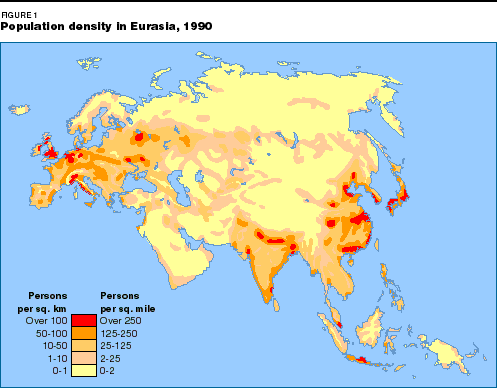
Sure, it's a little outdated, but this will do for our discussion. China's population has continued to move toward the ocean. Because jobs. And China's jobs are largely dependent on trade.
Now, do you know where Moscow is on this map?
Let's mark a few important capitals.
Sorry about the non-uniform and slightly misplaced circles. I picked the wrong tool for the job, but that's okay. Here is the point that I'm trying to make: Moscow is twice as far from either of the capitals of the two massively populated BRICS nations of Asia as it is from London, England. Brazil and South Africa are even harder to get to. Sure, there are other nations jumping on board the BRICS zone, but thanks to wars in the Middle East, Syria, and Ukraine—not to mention an enormous series of mountains between China and India—fluid economic activity will not be easy to establish and protect between these nations. There are quite a few deserts to complicate, and scarcely few rivers to ease these issues.
How many ice-free ports are anywhere near Moscow? Can China safely navigate past a remilitarizing Japan, the Philippines, and other nations beholden to U.S. naval support?
What Does This Tell Us?
Okay, I'll speculate. But just a little—because I have far more questions than answers.
Wipe away the chaotic noise of media, and assume that the dollar financial networks are breaking down. How might you suppose the world leaders are truly reacting?
They're negotiating.
Whatever the images are that you see on TV or the internet, they're negotiating.
No, I'm not sure of that. But almost every image that we get fed about most anything is staged at this point. And it doesn't take a lot of brains to leap from "global economic meltdown" and "BRICS" and "American naval hegemony" to "negotiating".
But they're negotiating who gets what in the next economic era. That's World War E. And geography isn't on the side of the BRICS nations. Sure, they have their resources. Russia has shown that it can put the screws to a Europe that sabotaged its own energy security. But everyone is in a pretty rough spot. So, whatever else they're doing, they're negotiating.




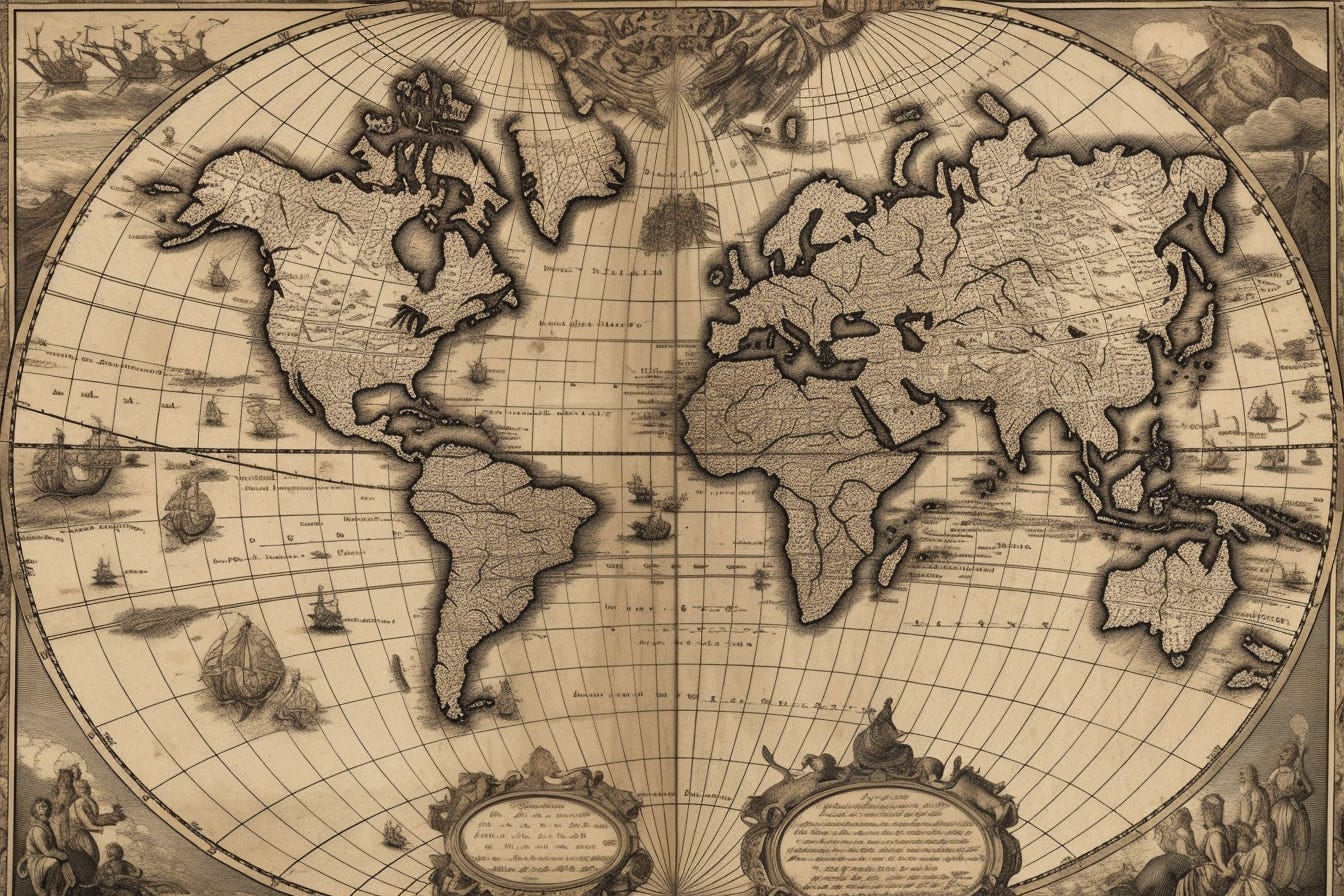
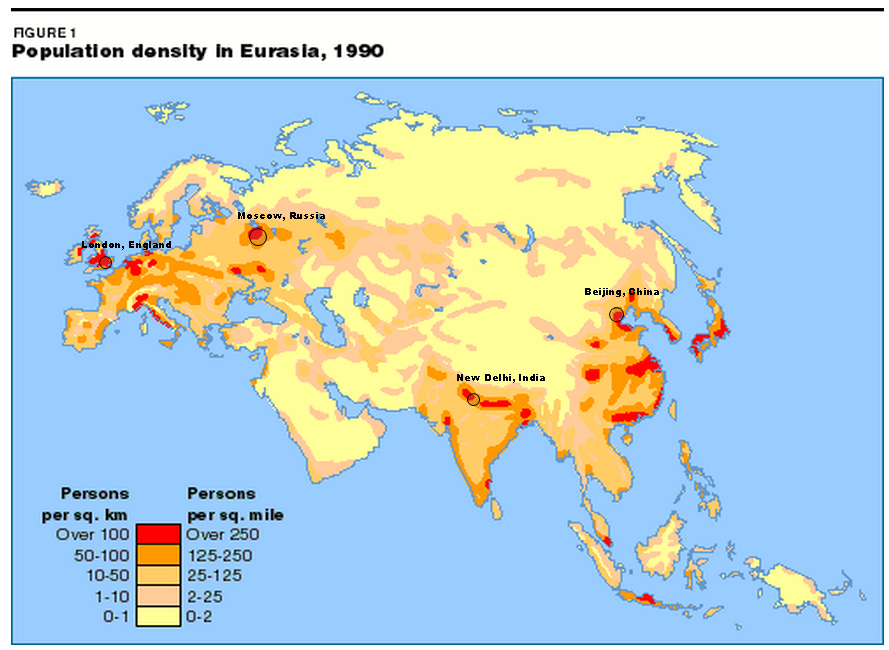
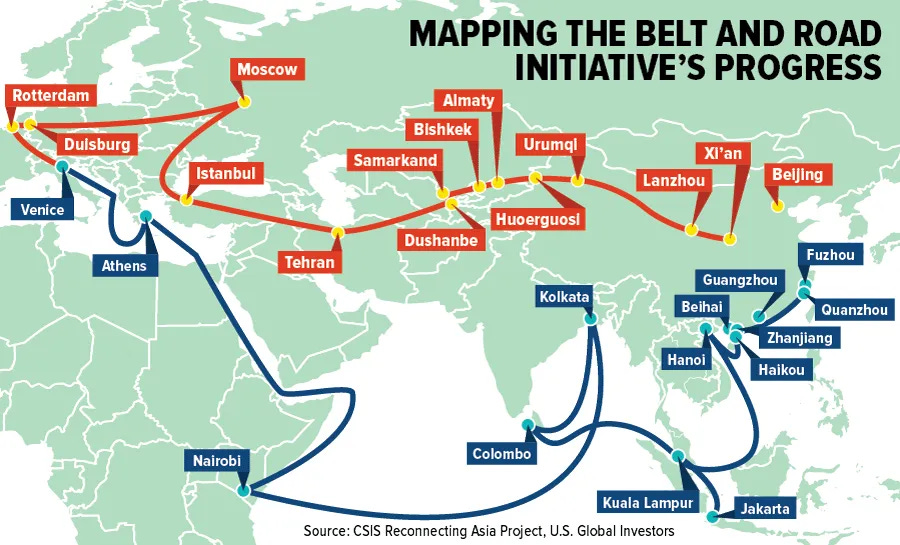
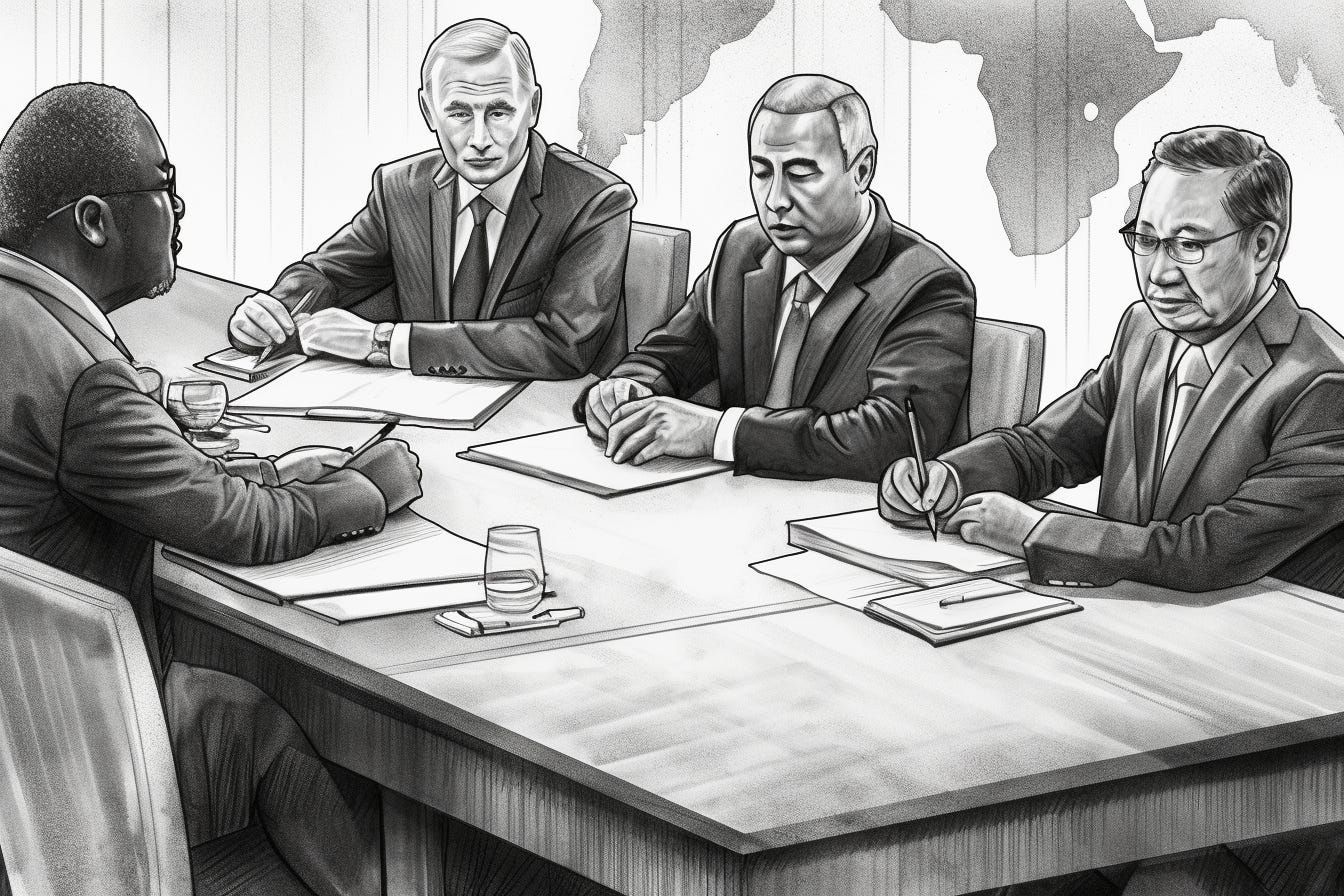
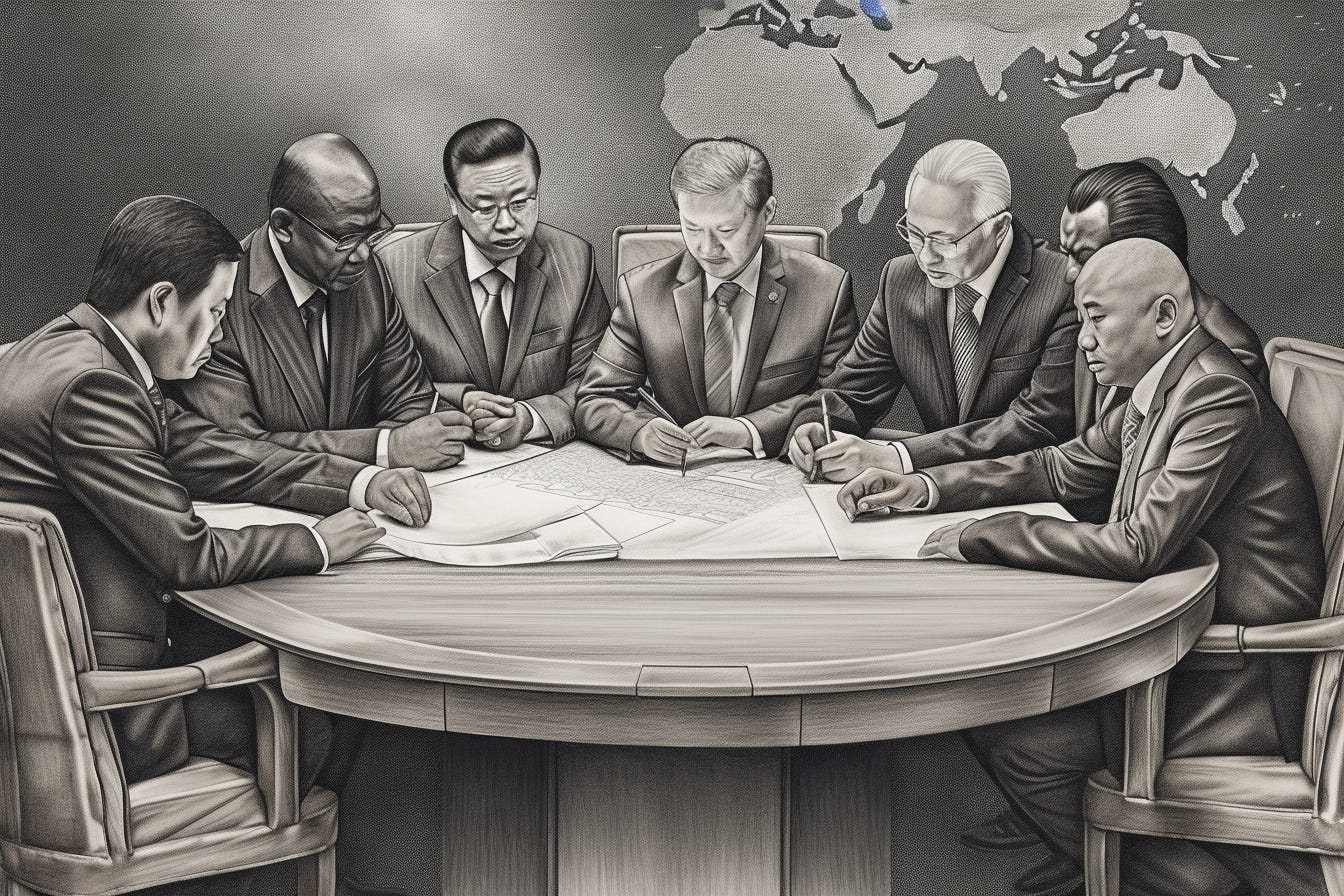
Russians (I believe that includes Lavrov) have called Americans "non agreement-capable" ("недоговороспособны".) While it's mostly propagandistic rhetoric for the internal consumption, it rings true.
With various deep-state tribes at each others throat, decisions made by the inscrutable and opaque administrative state, and optical political changes every 2-4 years, America might have trouble keeping its side of any bargain.
Heaven help us poor Westerners. The Europeans, British, Australian, Canadian, and American politicians and bureaucrats, couldn't negotiate to buy a used car from a trailer park hick at the right price.
We'll be lucky if we end up sharing a 'retreat with great potential' in the South Pole. Reliant upon the Indians and Chinese to provide the scarves and mittens.